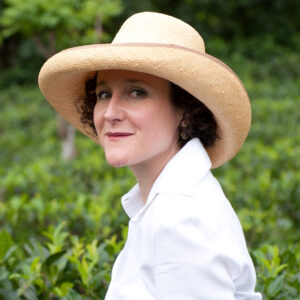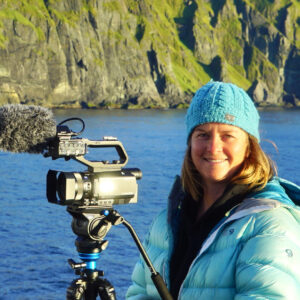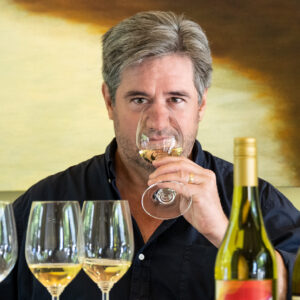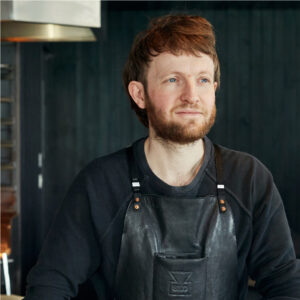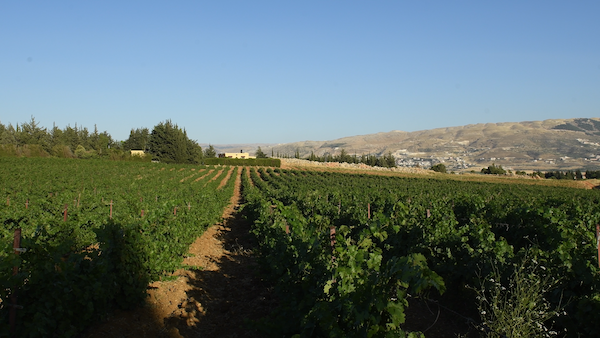November 14, 2023
The World In A Wineglass – A Story about People, Places and Artisanal Wines
<i>You can read the The World in a Wineglass book review <a href="https://tablefortwo.co/2023/11/14/the-world-in-a-wineglass-ray-isle-artisanal-wine/" style="text-decoration: underline; color: lime;">here</a></i> <br><br><br> What if instead of valuing wines for arbitrary points, we valued wines and wineries for how much they promote sustainability in all senses of the word? The way a wine is made and who made it can change the way we experience it. What if wine drinkers could have a guide to delicious, interesting, and environmentally friendly wines from around the world? <br><br><br> Now they do, thanks to veteran wine editor Ray Isle’s new book, ,<a href="https://www.simonandschuster.com/books/The-World-in-a-Wineglass/Ray-Isle/9781982182786/" style="text-decoration: underline; color: lime;">THE WORLD IN A WINEGLASS: The Insider’s Guide to Artisanal, Sustainable, Extraordinary Wines to Drink Now</a> set for a November 14, 2023, release by Scribner (720 pages; $50.00 USD/$70.00 CAN).<br><br><br> Drawing on his deep knowledge and appreciation of winemaking, Isle takes a friendly, farming-first approach as he travels the world’s wine regions to delve deeply into issues around sustainability, organics, biodynamics, regenerative agriculture and more, to help readers discover what makes a wine worth drinking.<br><br><br> “Wine is fermented grape juice, but when made with grapes grown in carefully chosen locations, fermented and aged with intelligence, experience, and skill, it can also be something much greater than that,” Isle writes in the book’s opening pages. <br><br><br> “One sip of a great wine will tell you what kind of grapes went into it, where they were grown, even what the weather was like that year…. The translation of the juice from the grapes by fermentation, somehow brings a mysteriously microscopic focus to all the broader influences of season, soil, and plant. Wine is grape juice transformed by yeast, guided by the human hand.”<br><br><br> But Isle wants wine drinkers to know that “with a lot of wine there’s only a distant memory of the soil and the climate in the bottle.” <br><br><br> He proposes that consumers forget about marketing, forget about popular labels on shelves, forget about whether a wine got 98 points from a critic or whether it tastes like blackberries and new oak, and ask instead: How were the grapes grown? Why did this winemaker choose to make this wine the way they did?<br><br><br> Isle explains sustainability, organic viticulture and winemaking, biodynamics, regenerative agriculture, and why wineries choose to certify or not to certify those practices. He also dissects the natural wine movement, which he describes as neither liking categorization nor certification, and yet—for all the attention paid to it—representing a “truly miniscule fraction of the wine sold in the world.”<br><br><br> The book includes ample recommendations of elevated but affordable wines from a multitude of locations, from the powerhouse wine-producing nations of France and Italy to smaller regions such as Slovenia, Georgia, and Lebanon. The United States and Southern Hemisphere are also covered in depth.<br><br><br> Helpful appendices offer pointers on how to find and buy the wines recommended in the book, as well as go-to wine importers, while a selective glossary helps explain such tangled concepts as carbonic maceration, chaptalization, orange wine and sulfur/sulfites. Illustrative maps appear throughout.
Article
Read More

